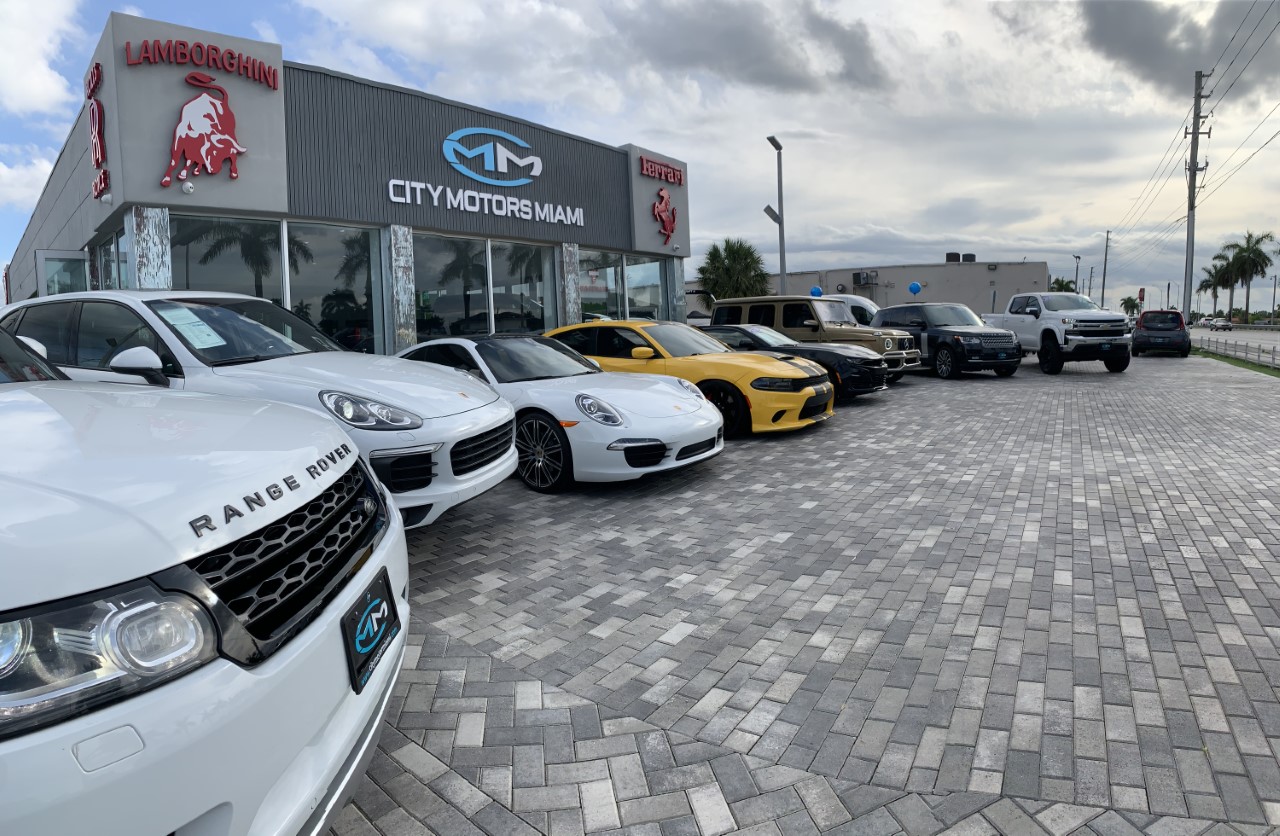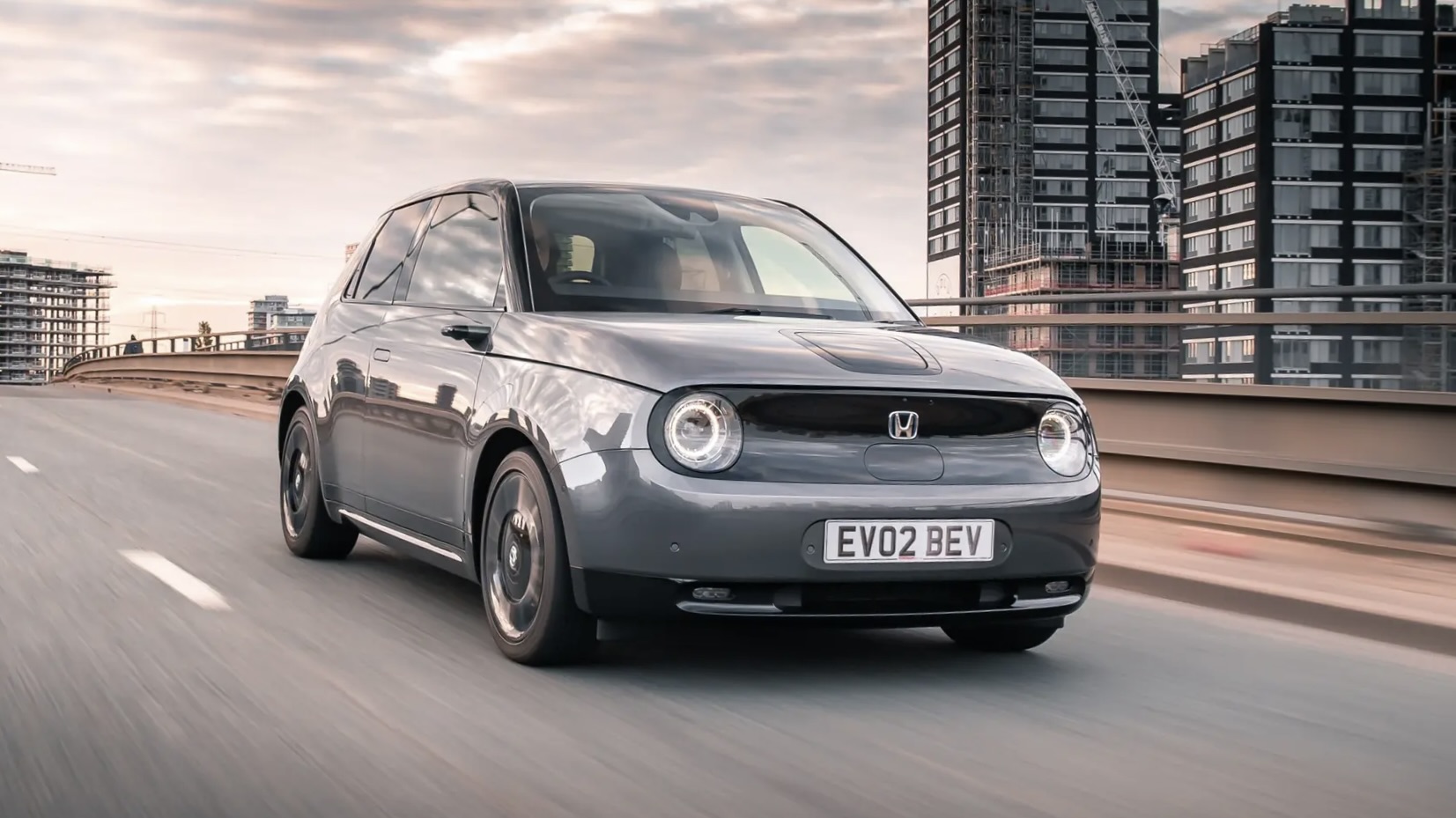classiccarsales Navigating the world of classiccarsales can be as exhilarating as it is challenging. The allure of classic cars—those timeless vehicles that embody history, design, and craftsmanship—can captivate anyone with a passion for automobiles. Yet, securing the perfect classic car requires more than just a keen eye and a deep wallet. It demands a strategic approach, an understanding of the market, and a careful evaluation process. In this guide, we unveil the secrets to mastering classiccarsales and achieving that perfect purchase.
Understanding the Classic Car Market
Before diving into classiccarsales, it’s crucial to familiarize yourself with the market dynamics. Classic cars are not just vintage vehicles; they are investments and cultural artifacts. The market for classic cars is influenced by a variety of factors, including rarity, condition, historical significance, and buyer demand.
Market Trends and Values
The value of classic cars can fluctuate based on trends and market conditions. Certain models may experience spikes in value due to their historical importance, unique features, or popularity among collectors. Staying informed about market trends and historical price data is essential for making an informed purchase. Resources like classiccarsales auctions, sales records, and industry publications can provide valuable insights into current values and trends.
Rarity and Demand
Rarity plays a significant role in determining a classic car’s value. Limited production models, cars with unique specifications, and vehicles with a storied history often command higher prices. Additionally, the demand for specific makes and models can drive prices up. Researching which classiccarsales are highly sought after and understanding their rarity can help you identify potential investment opportunities.
Researching the Right Model
Selecting the right classiccarsales model involves more than just choosing a make and year. It’s about finding a vehicle that aligns with your preferences, needs, and investment goals. Here’s how to research effectively:
Define Your Preferences
Begin by defining what you want in a classiccarsales. Are you looking for a high-performance sports car, a luxurious grand tourer, or a classic convertible? Consider factors such as driving experience, maintenance costs, and personal taste. Your preferences will guide you in narrowing down the models that best suit your desires.
Investigate Model Histories
Each classiccarsales model has its own history and set of characteristics. Investigate the various iterations of the models you’re interested in to understand their evolution over time. Look for details such as design changes, engine upgrades, and production numbers. This knowledge will help you make an informed decision about which model is right for you.
Consult Experts and Enthusiasts
Engage with classiccarsales experts and enthusiasts to gain insights into specific models. Forums, car clubs, and industry experts can provide valuable advice and share their experiences. Their knowledge can help you avoid common pitfalls and discover hidden gems that might not be immediately apparent.
Evaluating Condition and Authenticity
When considering a classiccarsales purchase, evaluating the condition and authenticity of the vehicle is paramount. Classic cars, by their nature, can vary widely in condition, and verifying their authenticity ensures you’re getting what you pay for.
Inspecting the Vehicle
A thorough inspection is essential to assess the condition of a classiccarsales. Look beyond the surface to evaluate the vehicle’s mechanical and structural integrity. Key areas to inspect include:
- Body and Paint: Check for rust, dents, and repainting. Original paint and bodywork often add to a car’s value.
- Engine and Transmission: Ensure the engine and transmission are in good working order. Look for signs of wear and verify that they match the car’s original specifications.
- Interior and Trim: Assess the condition of the interior, including upholstery, dashboard, and trim. Restored interiors should use period-correct materials.
Verifying Authenticity
Confirming the authenticity of a classic car involves checking its provenance and matching its components to factory specifications. Verify the vehicle’s identification numbers, including the VIN (Vehicle Identification Number) and engine numbers. Documentation such as service records, restoration receipts, and ownership history can also provide proof of authenticity.
Conducting a Test Drive
A test drive is an invaluable step in the classiccarsales process. It allows you to experience the car’s performance and identify any potential issues. Here’s what to focus on during a test drive:
Performance and Handling
Pay attention to how the car performs on the road. Assess the engine’s responsiveness, braking performance, and overall handling. Listen for any unusual noises and observe how the car drives over different types of surfaces.
Comfort and Features
Evaluate the comfort and functionality of the car’s features. Check the operation of the transmission, steering, and suspension. Ensure that the interior amenities, such as air conditioning and audio systems, are working properly.
Alignment with Expectations
Ensure that the driving experience aligns with your expectations and preferences. A classic car should offer a blend of performance, comfort, and historical charm. The test drive is your opportunity to confirm that the vehicle meets your criteria.
Negotiating and Closing the Deal
Once you’ve identified a classic car that meets your criteria, it’s time to negotiate and close the deal. Effective negotiation and thorough due diligence are key to securing a favorable purchase.
Negotiation Tactics
Approach negotiations with a clear understanding of the car’s market value and condition. Use your research and inspection findings to justify your offer. Be prepared to negotiate on price, and consider factors such as repair costs or potential upgrades when making your offer.
Finalizing the Purchase
When finalizing the purchase, ensure that all necessary documentation is completed. This includes the bill of sale, transfer of ownership, and any relevant paperwork related to the vehicle’s history and authenticity. Verify that the seller provides all required documents and ensures a smooth transfer of ownership.
Post-Purchase Considerations
After acquiring your classic car, there are a few post-purchase considerations to keep in mind to ensure that your investment remains in top condition.
Maintenance and Care
Regular maintenance is crucial to preserving the value and performance of your classic car. Establish a maintenance routine that includes routine inspections, servicing, and repairs. Proper care will help keep the vehicle in excellent condition and ensure its longevity.
Storage and Preservation
Store your classic car in a climate-controlled environment to protect it from environmental damage. Consider investing in a quality cover and keeping the car in a garage or storage facility. Proper storage helps maintain the car’s condition and prevents deterioration.
Enjoying Your Investment
Finally, enjoy your classic car! Participate in car shows, join classic car clubs, and share your enthusiasm with fellow enthusiasts. Driving and showcasing your vehicle is part of the joy of owning a classic car.
classiccarsales
Mastering classiccarsales involves a blend of research, evaluation, and strategic decision-making. By understanding the market, researching models, evaluating condition and authenticity, and conducting a thorough test drive, you can make an informed purchase that aligns with your desires and investment goals. Negotiating effectively and considering post-purchase care will help you secure and enjoy a classic car that is truly a legend on the road. Embrace the journey, and let your passion for classic cars drive you to the perfect purchase.



More Stories
Find Your Dream Ride Top Tips from Classic Car Finder
Your Dream Ride Awaits Volvo 242 for Sale Now
Vintage Car Values How to Boost Your Classic’s Worth